Berliner Philharmoniker and Eugen Jochum - Eugen Jochum & Berliner Philharmoniker (2021)
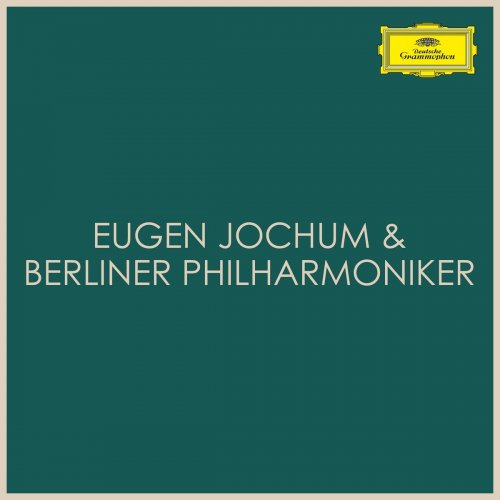
Artist: Berliner Philharmoniker, Eugen Jochum
Title: Eugen Jochum & Berliner Philharmoniker
Year Of Release: 2021
Label: UMG Recordings, Inc.
Genre: Classical
Quality: FLAC (tracks)
Total Time: 11:35:01
Total Size: 2.77 GB
WebSite: Album Preview
Tracklist:Title: Eugen Jochum & Berliner Philharmoniker
Year Of Release: 2021
Label: UMG Recordings, Inc.
Genre: Classical
Quality: FLAC (tracks)
Total Time: 11:35:01
Total Size: 2.77 GB
WebSite: Album Preview
01. Symphony No.4 In B Flat, Op.60 : 1. Adagio - Allegro vivace (1954 recording)
02. Symphony No.4 In B Flat, Op.60 : 2. Adagio (1954 recording)
03. Symphony No.4 In B Flat, Op.60 : 3. Allegro vivace (1954 recording)
04. Symphony No.4 In B Flat, Op.60 : 4. Allegro ma non troppo (1954 recording)
05. Symphony No. 1 In C Minor, Op. 68 : 1. Un poco sostenuto - Allegro - Meno allegro
06. Symphony No. 1 In C Minor, Op. 68 : 2. Andante sostenuto
07. Symphony No. 1 In C Minor, Op. 68 : 3. Un poco allegretto e grazioso
08. Symphony No. 1 In C Minor, Op. 68 : 4. Adagio - Piu andante - Allegro non troppo, ma con brio - Piu allegro
09. Symphony No. 3 In F Major, Op. 90 : 1. Allegro con brio - Un poco sostenuto - Tempo I
10. Symphony No. 3 In F Major, Op. 90 : 2. Andante
11. Symphony No. 3 In F Major, Op. 90 : 3. Poco allegretto
12. Symphony No. 3 In F Major, Op. 90 : 4. Allegro
13. Symphony No. 2 In D Major, Op. 73 : 1. Allegro non troppo
14. Symphony No. 2 In D Major, Op. 73 : 2. Adagio non troppo - L'istesso tempo, ma grazioso
15. Symphony No. 2 In D Major, Op. 73 : 3. Allegretto grazioso ( Quasi andantino) - Presto ma non assai
16. Symphony No. 2 In D Major, Op. 73 : 4. Allegro con spirito
17. Symphony No. 4 In E Minor, Op. 98 : 1. Allegro non troppo
18. Symphony No. 4 In E Minor, Op. 98 : 2. Andante moderato
19. Symphony No. 4 In E Minor, Op. 98 : 3. Allegro giocoso - Poco meno presto - Tempo I
20. Symphony No. 4 In E Minor, Op. 98 : 4. Allegro energico e passionato - Più allegro
21. Symphony No.4 In E Flat Major - "Romantic" : 1. Bewegt, nicht zu schnell
22. Symphony No.4 In E Flat Major - "Romantic" : 2. Andante quasi allegretto
23. Symphony No.4 In E Flat Major - "Romantic" : 3. Scherzo (Bewegt) - Trio (Nicht zu schnell. Keinesfalls schleppend)
24. Symphony No.4 In E Flat Major - "Romantic" : 4. Finale (Bewegt, doch nicht zu schnell)
25. Piano Concerto No. 1 in D Minor, Op. 15 : I. Maestoso - Poco più moderato
26. Piano Concerto No. 1 in D Minor, Op. 15 : II. Adagio
27. Piano Concerto No. 1 in D Minor, Op. 15 : III. Rondo (Allegro non troppo)
28. Piano Concerto No. 2 in B-Flat Major, Op. 83 : 1. Allegro non troppo
29. Piano Concerto No. 2 in B-Flat Major, Op. 83 : 2. Allegro appassionato
30. Piano Concerto No. 2 in B-Flat Major, Op. 83 : 3. Andante - Più adagio
31. Piano Concerto No. 2 in B-Flat Major, Op. 83 : 4. Allegretto grazioso - Un poco più presto
32. Violin Concerto in D Major, Op. 61 : I. Allegro ma non troppo
33. Violin Concerto in D Major, Op. 61 : II. Larghetto
34. Violin Concerto in D Major, Op. 61 : III. Rondo. Allegro
35. Te Deum, WAB 45 : 1. Te Deum laudamus
36. Te Deum, WAB 45 : 2. Te ergo
37. Te Deum, WAB 45 : 3. Aeterna fac
38. Te Deum, WAB 45 : 4. Salvum fac
39. Te Deum, WAB 45 : 5. In te, Domine, speravi
40. Symphony No.1 In C Minor, WAB 101 - "Linz Version" 1866 : 1. Allegro molto moderato
41. Symphony No.1 In C Minor, WAB 101 - "Linz Version" 1866 : 2. Adagio
42. Symphony No.1 In C Minor, WAB 101 - "Linz Version" 1866 : 3. Scherzo. Lebhaft
43. Symphony No.1 In C Minor, WAB 101 - "Linz Version" 1866 : 4. Finale. Bewegt und feurig
44. Symphony No.7 In E Major, WAB 107 : 1. Allegro moderato
45. Symphony No.7 In E Major, WAB 107 : 2. Adagio (Sehr feierlich und sehr langsam)
46. Symphony No.7 In E Major, WAB 107 : 3. Scherzo (Sehr schnell)
47. Symphony No.7 In E Major, WAB 107 : 4. Finale (Bewegt, doch nicht schnell)
48. Symphony No.8 In C Minor, WAB 108 : 1. Allegro moderato
49. Symphony No.8 In C Minor, WAB 108 : 2. Scherzo (Allegro moderato) - Trio
50. Symphony No.8 In C Minor, WAB 108 : 3. Adagio (Feierlich langsam, aber nicht schleppend)
51. Symphony No.8 In C Minor, WAB 108 : 4. Finale (Feierlich, nicht schnell)
52. Symphony No. 9 In D Minor, WAB 109 : 1. Feierlich. Misterioso
53. Symphony No. 9 In D Minor, WAB 109 : 2. Scherzo (Bewegt lebhaft) - Trio (Schnell) - Scherzo da capo
54. Symphony No. 9 In D Minor, WAB 109 : 3. Adagio (Langsam, feierlich)
55. Lohengrin : Prelude To Act I
56. Lohengrin / Act 3 : Prelude To Act III
German conductor Eugen Jochum is considered by many to have been the foremost Bruckner conductor of the mid- to late twentieth century; he producing many outstanding recordings of Bruckner's symphonies (as well as worthy interpretations of a great many other composers). He also left to posterity a number of written articles on the interpretation of that composer.
Musical studies began in early childhood (both of Eugen's brothers, Otto Jochum and Georg Ludwig Jochum, went on to become successful musicians in their own right), and Jochum attended the Augsburg Conservatory until he was 20 years of age. He enrolled in the Munich Academy of Music as a composition student of Hermann von Waltershausen, but soon diverted his energies to conducting (working with Siegmund von Hausegger). He worked as a rehearsal assistant at the Munich National Theater, and, after a successful Munich debut in 1926, was invited to join the conducting staff at the Kiel opera. In 1926, having developed a sizable operatic repertory, he moved to Mannheim (1929-1930) and then to Duisburg (1930-1932). Although relatively young, he was asked to serve as music director for Berlin Radio in 1932, and while in that city built an association with the Berlin Philharmonic Orchestra which would led to many guest conductor appearances in the following decades.
Jochum became music director of the Hamburg opera (and, along with that title, principal conductor of the Hamburg Philharmonic) in 1934, remaining at that post until 1949 -- effectively avoiding Nazi interference with his musical activities. During the 1930s, Jochum continued to champion a number of contemporary composers who had been officially banned by the Nazi party (such as Hindemith and Bartók), though his great love remained the late Romantic repertory.
After forming the Bavarian Radio Symphony Orchestra in 1949, Jochum spent the 1950s developing that organization (in conjunction with his new role as music director for Bavarian radio) and building his stature as a guest conductor around Europe; his Bayreuth debut was in 1953, and he took partial charge of the Concertgebouw Orchestra in Amsterdam from 1961-1964. He conducted the Bamburg Symphony orchestra from 1969 to 1973, and was appointed conductor laureate of the London Symphony Orchestra for the 1978-1979 season. From 1950 on Jochum served as the president of the German chapter of the International Bruckner Society.
Jochum's conducting was marked by a fluent, lyric approach (which nevertheless proved capable of drawing tempestuous results from his players when necessary). Above all else he valued a rich, warm sound perfectly suited to the music of Bruckner and Wagner, though recordings show a wealth of insight into the music of other German masters, notably Beethoven, Bach, and Haydn. Jochum died in 1987, after a decade of semi-retirement. ~ Blair Johnston
Musical studies began in early childhood (both of Eugen's brothers, Otto Jochum and Georg Ludwig Jochum, went on to become successful musicians in their own right), and Jochum attended the Augsburg Conservatory until he was 20 years of age. He enrolled in the Munich Academy of Music as a composition student of Hermann von Waltershausen, but soon diverted his energies to conducting (working with Siegmund von Hausegger). He worked as a rehearsal assistant at the Munich National Theater, and, after a successful Munich debut in 1926, was invited to join the conducting staff at the Kiel opera. In 1926, having developed a sizable operatic repertory, he moved to Mannheim (1929-1930) and then to Duisburg (1930-1932). Although relatively young, he was asked to serve as music director for Berlin Radio in 1932, and while in that city built an association with the Berlin Philharmonic Orchestra which would led to many guest conductor appearances in the following decades.
Jochum became music director of the Hamburg opera (and, along with that title, principal conductor of the Hamburg Philharmonic) in 1934, remaining at that post until 1949 -- effectively avoiding Nazi interference with his musical activities. During the 1930s, Jochum continued to champion a number of contemporary composers who had been officially banned by the Nazi party (such as Hindemith and Bartók), though his great love remained the late Romantic repertory.
After forming the Bavarian Radio Symphony Orchestra in 1949, Jochum spent the 1950s developing that organization (in conjunction with his new role as music director for Bavarian radio) and building his stature as a guest conductor around Europe; his Bayreuth debut was in 1953, and he took partial charge of the Concertgebouw Orchestra in Amsterdam from 1961-1964. He conducted the Bamburg Symphony orchestra from 1969 to 1973, and was appointed conductor laureate of the London Symphony Orchestra for the 1978-1979 season. From 1950 on Jochum served as the president of the German chapter of the International Bruckner Society.
Jochum's conducting was marked by a fluent, lyric approach (which nevertheless proved capable of drawing tempestuous results from his players when necessary). Above all else he valued a rich, warm sound perfectly suited to the music of Bruckner and Wagner, though recordings show a wealth of insight into the music of other German masters, notably Beethoven, Bach, and Haydn. Jochum died in 1987, after a decade of semi-retirement. ~ Blair Johnston
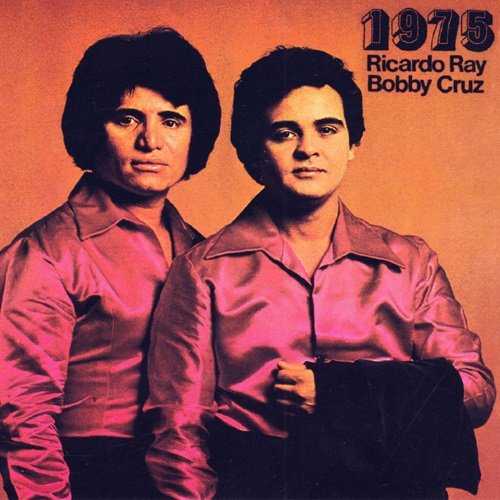

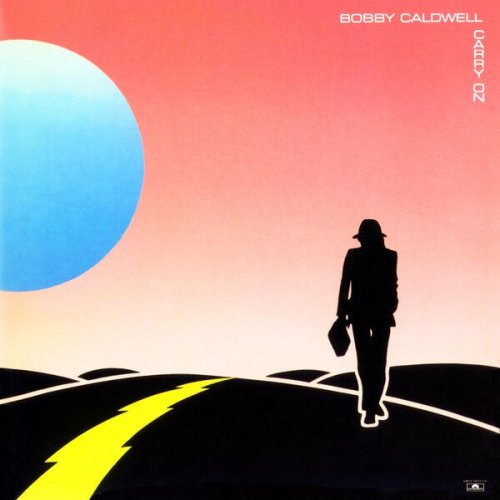
![Anaïs Mitchell, Hadestown Original West End Cast - Hadestown Live From London (Bonus Track) (2026) [Hi-Res] Anaïs Mitchell, Hadestown Original West End Cast - Hadestown Live From London (Bonus Track) (2026) [Hi-Res]](https://img.israbox.com/img/2026-03/02/pyxmwd7tv9pde1c102p9df24t.jpg)
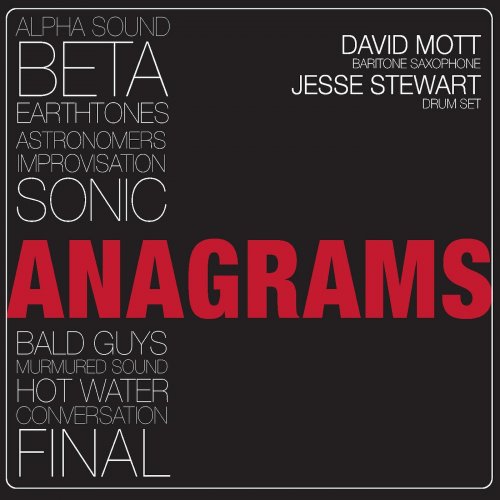
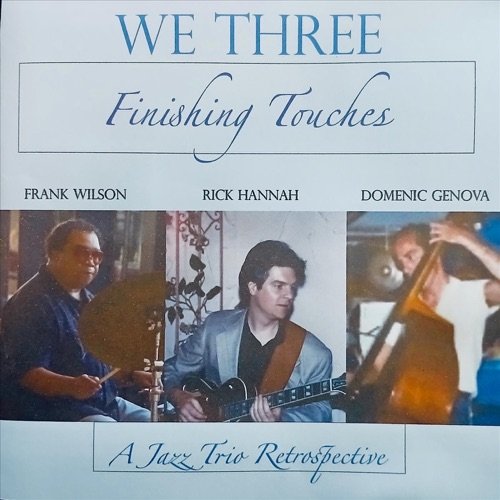

![Rick Braun - Intimate Secrets (1992) [CDRip] Rick Braun - Intimate Secrets (1992) [CDRip]](https://www.dibpic.com/uploads/posts/2026-03/1772427179_5.jpg)
![The Boss Ensemble - Circuits Hybrides (2019) [Hi-Res] The Boss Ensemble - Circuits Hybrides (2019) [Hi-Res]](https://www.dibpic.com/uploads/posts/2019-11/1574517391_folder.jpg)